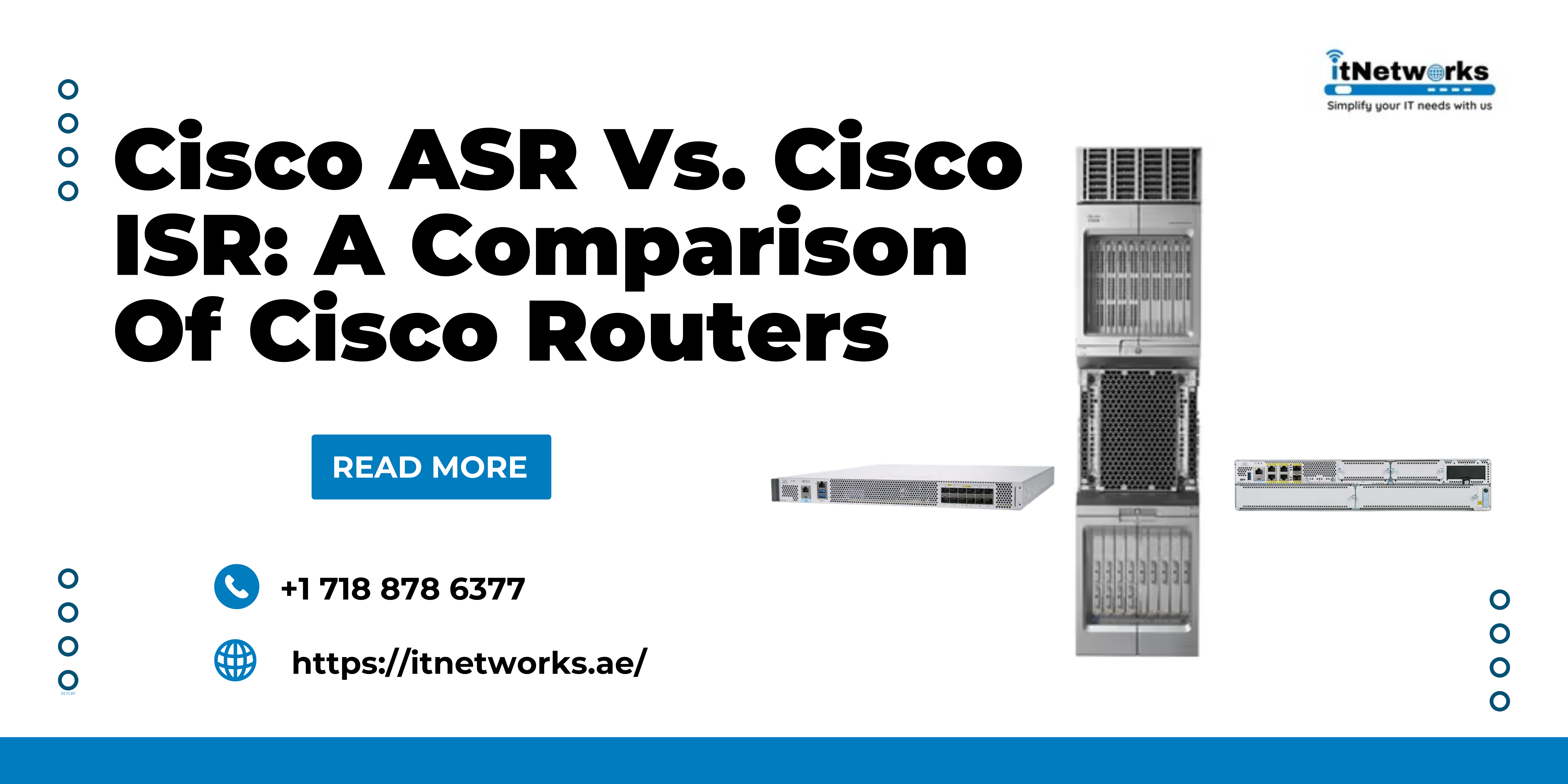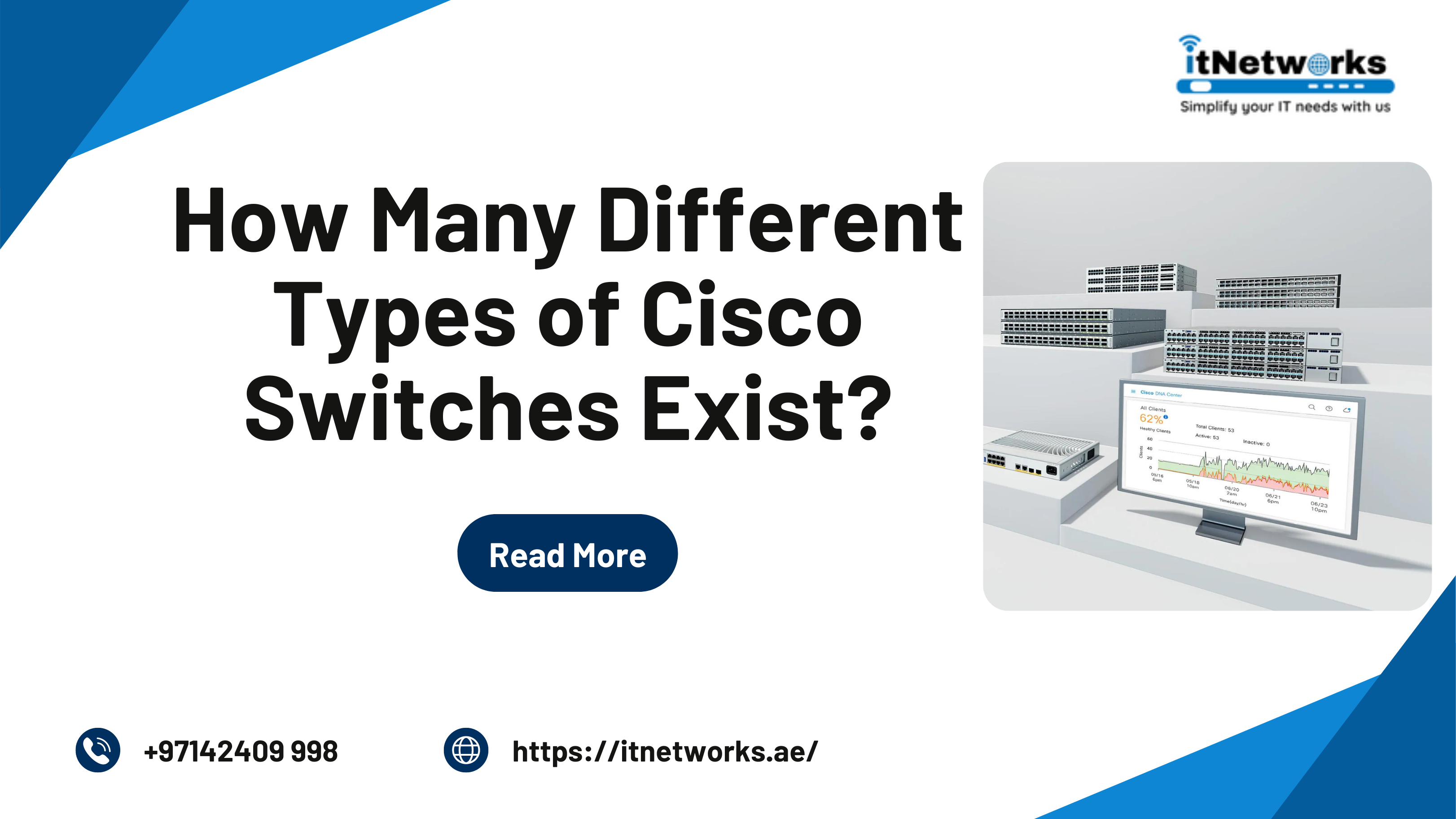Top Cyber Vulnerabilities to Watch Out in 2022 to Keep Your IT Environment Safe and Secure
Top Cyber Vulnerabilities to Watch Out in 2022 to Keep Your IT Environment Safe and Secure
In the UAE, the Head of Cyber Security revealed that, after the coronavirus outbreak, cyber-attacks have increased by 400 percent in the country. Organizations face more than 20,000 cyber-attacks every single day and financial and health sectors are the most vulnerable among other sectors. The losses from hacking alone amounted to nearly $700 million within six months.
Did you know the UAE is amongst the most attractive targeted nations for cybercrime?
While this seems to be shocking, it is not surprising. Why? Undoubtedly, the UAE stands amongst wealthy nations. And wealthy nations are known to become lucrative targets for cybercrime compared to other countries because cybercriminals they make better choices for ransom and other financially driven malicious activities.
Besides, even though hacktivist activity has been reducing for the last five years, the UAE was also a target of hacktivism the last year. Evidently, in the UAE, cyber-threat actors have become more active during the past few years, with significant resources and time being devoted to advancing their activities. As such, they are not only growing in numbers but also becoming many times more sophisticated and harder to identify.
Last year, an increase of more than 33 percent is reported in the number of new ransomware families, according to a cyber threat report by Digital14. Similar growth observations were made in the number of malware operators using double extortion tactics where data is encrypted and stolen. Then that data is leveraged to force victim organizations into paying ransoms to avoid critical data being leaked or any backups being rendered useless.
All these increasing cyber-threat activities requires a quick, solid remedy, and nothing could provide faster and better security than protecting your devices and computer systems with the best antivirus software available in the UAE.
What are the top cyber vulnerabilities that a UAE business must know about?
- Phishing - It is a technical attack where you are targeted via email or text message in which a cyber-threat actor poses as a legitimate institution or person and lures you into providing sensitive data.
- Spear Phishing - It refers to an email or text message scam that targets a specific individual, organization, or business. Although scammers intend to steal data for malicious purposes, cybercriminals may also install malware on the computer of a targeted user.
- Social Engineering Attacks - Cybercriminals take advantage of human weakness as they trick someone (anyone in your organization or social circle, including you) into providing sensitive information or enabling access to data networks. Most people are unwary of these attacks because it looks like it is being requested by a trusted source. Some examples include Quid pro quo, search engine phishing, URL phishing, in-session phishing, contact spamming, and email hacking.
- DNS Spoofing and Cache Poisoning - While DNS spoofing attacks fool your browser and web servers to redirect to malicious websites when you enter a legitimate URL, cache poisoning attacks involve infecting your devices where they can connect one or more legitimate URLs to fraudulent websites.
- Scareware Attacks - These attacks are a form of malware that scares you into taking an action. For instance, they can pop up warning alerts of fake malware infections or falsely claim that your account has been hacked or compromised.
- Watering Hole Attacks - These types of attacks infect popular web pages with malware to affect multiple users at once. They do so by finding weaknesses in websites and looking for existing vulnerabilities that are unknown and not patched.
The list of cyber-attacks includes many more types of attacks, such as worm attacks, P2P Network attacks, and malware link delivery channels. What’s worse is that the list keeps growing because cybercriminals keep finding new ways to manipulate their targeted organizations and internet users.
By now, you must be wondering, how do I protect my business from these cyber attacks? The answer is simple. Install the best antivirus software!!
Now, the question arises - which is the best antivirus software for my organization?
Which is the best antivirus software for my small business in the UAE?
Though you will find various options for antivirus software claiming to provide maximum protection, you need to make a choice. Undeniably, it is very difficult to choose from the leading antivirus brands like Avast, Norton, Kaspersky, and ESET.
Here, we would recommend ESET because of its easy-to-use interface, excellent benchmarking scores in antivirus tests, and affordability for the top-tier product.
ESET performs exceptionally well in antivirus lab testing and has good scores in even offline detection. What’s more impressive is that it gives zero false positives in the latest independent tests. Besides, it offers enhanced protection through webcam control and anti-theft feature.
With ESET, you can keep your endpoints secure from ransomware and zero-day threats. It also offers endpoint protection, file server security, full disk encryption, cloud sandbox, and a cloud-based console. Its Dynamic Threat Defense makes ESET the best tool to deal with zero-day threats.
ESET Protect Advanced is very affordable and lightweight yet highly effective and easy-to-use antivirus software available in the market. It goes unnoticed by the user except for a quick ESET screen that flashes on your computer and hence, doesn’t compromise the speed or efficiency of your computer. The product is in huge demand these days because it helps address the growing needs of customers to protect their IT environment and deal with post-Covid related realities.
For any questions or information about cyber security and protection tools, call IT Network Technologies at +97142409998 or connect with us via WhatsApp at +971555038013.





